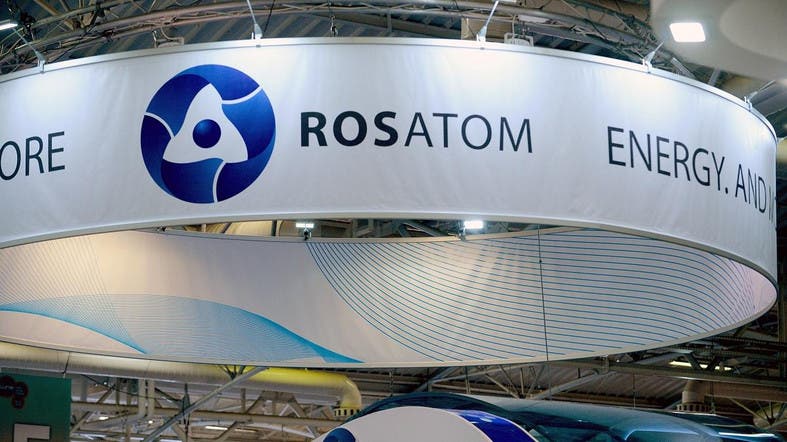Rosatom State Nuclear Energy Corporation (Rosatom), Russia’s state nuclear energy company, has successfully passed two qualifying stages in its tender of two high-capacity nuclear power plant units in Saudi Arabia, the Director-General of Rosatom Middle East and North Africa (MENA) Alexander Voronkov said. In January 2019, the King Abdullah City for Atomic and Renewable Energy (KACARE) in Saudi Arabia received offers from five countries to build the first two nuclear plants on the Gulf coast. The countries are the US, Russia, France, South Korea, and China. Saudi Arabian Energy Minister Prince Abdulaziz bin Salman said last year that the Kingdom plans to enrich and produce uranium for its nuclear power program, and said that, “We will proceed cautiously.”

“We are actively engaging in dialogue with local suppliers, having already held three seminars for representatives of Saudi companies working in relevant industrial sectors in Riyadh, Dammam, and Jeddah,” Voronkov said. Rosatom’s CEO Alexey Likhachev said in October 2019 that the company would be ready to cooperate with partners from the US, Europe, and Asia. Rosatom has also signed intergovernmental cooperation agreements with authorities in the UAE, Jordan, Algeria, Tunisia, and Sudan, Voronkov said. The company has a memorandum of understanding on cooperation with Morocco on the peaceful uses of nuclear energy too, Voronkov added.
Saudi Arabia in 2015 signed its own intergovernmental agreement with Russia on cooperation in peaceful nuclear technology, followed by the Cooperation on Peaceful Use of Atomic Energy Program in October 2017. He went on to note the advantages of nuclear plants in providing electricity, despite any weather and climate conditions, adding that this is something “our Arab partners especially appreciate.”
“[Nuclear power] is seen as a reliable and flexible power source, able to be put into the grid easily, with no real disturbances or issues with fluctuating demand. At same time, it is a real substitute for oil and gas, supporting environmental policies while addressing growing needs,” said Cyril Widdershoven, a Middle East defense energy analyst and the director at Dutch consultancy Verocy.
The full text of the article is available here.
